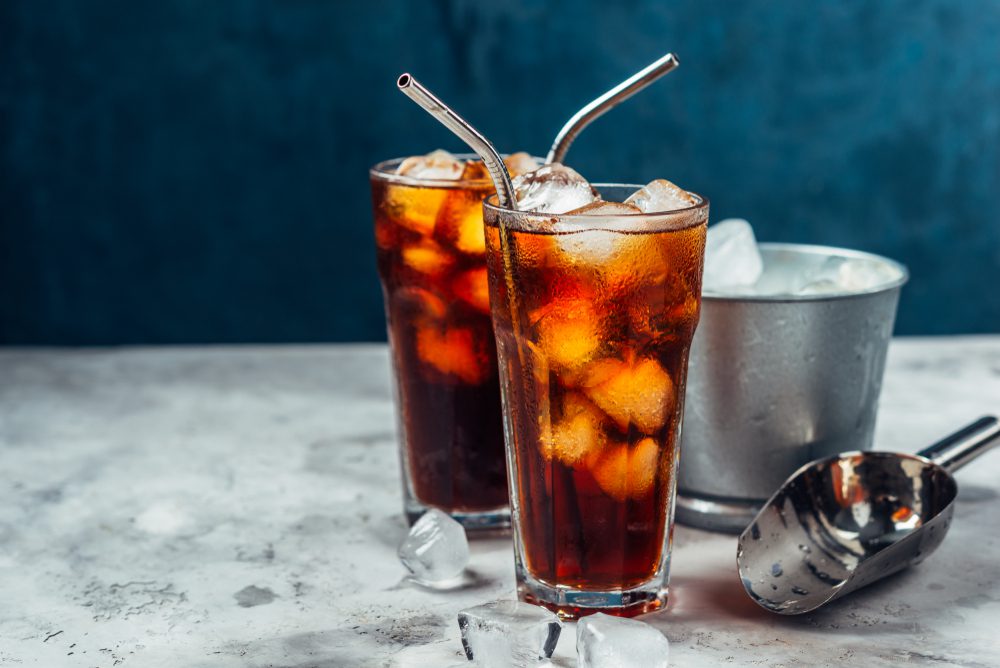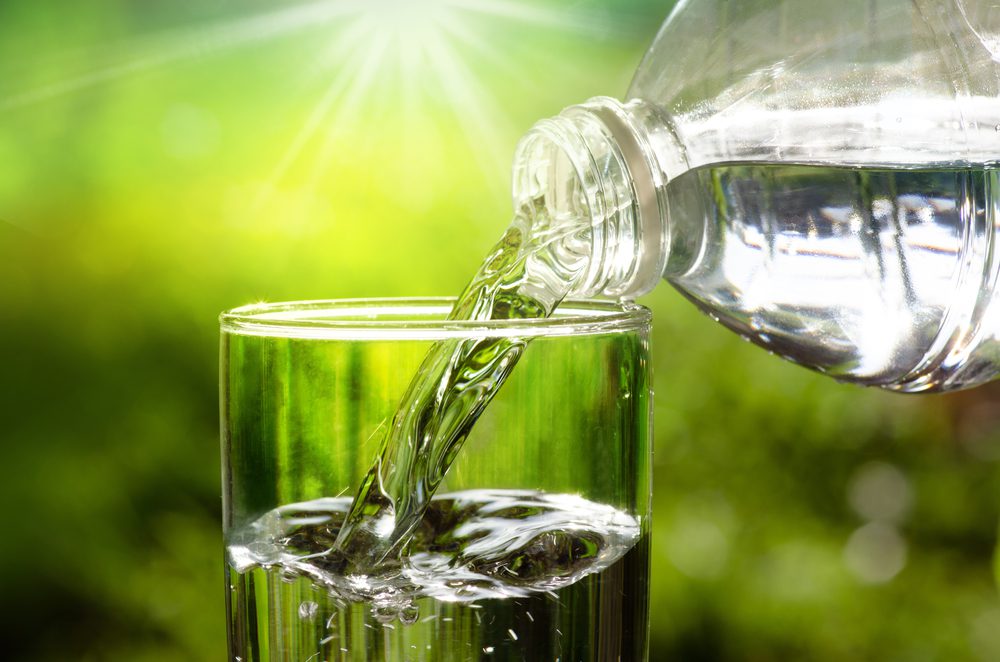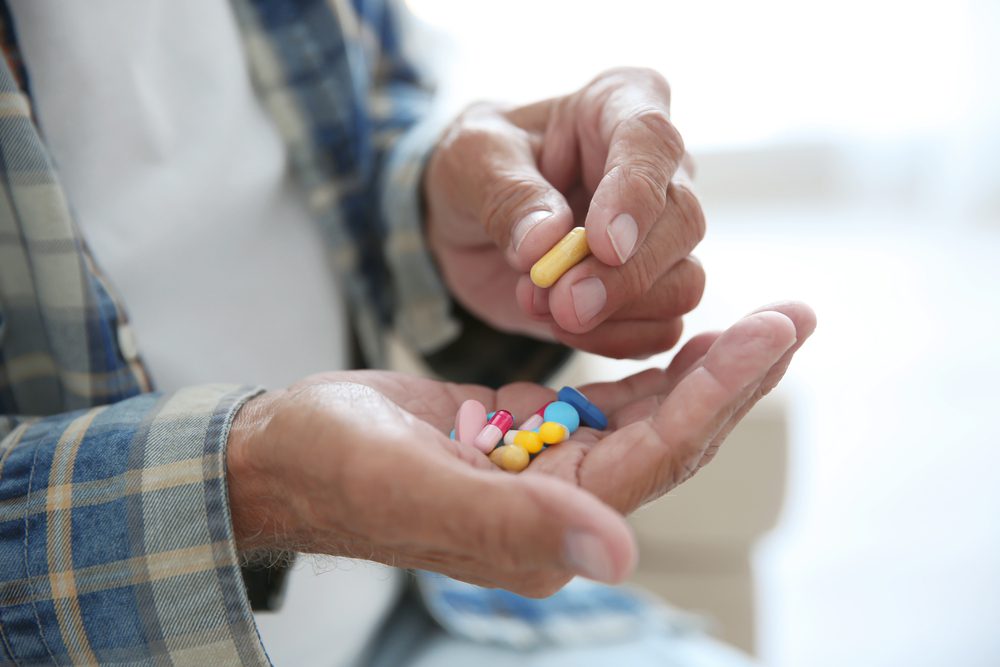Are you taking proper care of your teeth? Even though you regularly visit your dentist, some everyday mistakes could harm your teeth more than you think. Good oral hygiene is way more than just proper brushing and flossing. From putting your pearly whites through a temperature rollercoaster to eating dried fruit, some things could damage your healthy teeth.
Many everyday habits could translate to tooth decay. So, apart from visiting your dentist regularly, please try to avoid making the following dental health mistakes. Both your teeth and your dentist will thank you for that.
Without further ado, let’s get started!

1. Chewing ice
Unfortunately, there’s a ton of bad habits all dentists wish their patients would change, but the biggest one of all is probably chewing ice. This awful habit can lead to fragile tooth enamel. And that’s not all. According to Dr. Harold Katz, the California Breath Clinics founder, chewing ice can also crack teeth.
So, if it seems impossible to quit this bad-for-your-teeth habit, then ask for crushed ice instead of ice cubes. Keep in mind that a cracked tooth can eventually lead to dental complications like an exposed tooth nerve, therefore to a root canal.
2. Putting your pearly whites through a temperature rollercoaster
Pairing pizza with a cold drink is tasty, we admit it, but have you ever crossed your mind what it means to your pearly whites? No? Well, when we eat something hot, our tooth enamel expands, and, on the other note, getting in contact with cold temperatures, it contracts.
The regional dental director for the Jefferson Dental Clinics in Dallas, Leslie Renee Townsend, DDS, says that eating something really hot and then drinking a cold drink is bad for your teeth. Especially when you start feeling pain. Don’t ignore this sign.
People describe the pain as a shooting, so if it happens to you too when you’re putting your pearly whites through a temperature rollercoaster, call your dentist! And, yeah, get rid of this harmful habit!
3. Grabbing certain drinks
Did you know that certain drinks are more prone to stick to your pearly whites and erode enamel than others? We are talking about sodas, sports drinks, and wine. A dental surgeon and instructor at Harvard Dental School, Anna Jotkowitz, says that sommeliers and wine tasters often visit the dentist because they end up with eroded teeth due to wine’s high acidity levels.
But we all like wine, so what can we do? Well, in order to decrease the damage caused by wine’s acid, a periodontist in Aventura, David Genet, DMD, says you should pair your glass of wine with cheese.
4. Loving gummy bears way too much
In fact, not just gummy bears, but everything that’s sticky, including caramels. When you’re eating them on a regular basis, your teeth will most likely face the consequences; because, according to Jotkowitz, this type of candies can easily lodge in the natural grooves of your teeth, leading to dental issues like tooth decay.
If you’re not really ready to give up on gummy bears, at least brush, floss, and rinse every single time after eating them.
5. Aiming for the whitest smile of all
Using over-the-counter white smile kits can do more harm than good. Katz says that aiming for the whitest smile no matter the cost can eventually lead to some serious dental complications like enamel loss, resulting in permanent tooth sensitivity. It’s best to ask your dentist about the product you want to use in order to whiten your teeth.
However, most dentists recommend natural whiteners like strawberries and cauliflower.
6. Chewing pencils
Yep, it happens more often than you think… Chewing pencils can lead to dental problems such as stress fractures in your teeth. So, instead of chewing a pencil filled with germs and bacteria, why don’t you squeeze a stress ball? If you do want to chew on something… Try a healthy snack such as almonds, says a dentist at Cosmetic Dental Studios in New York City, Victoria Veytsman, DDS.
7. Using your pearly whites to nibble your nails
Please, don’t fall into the temptation of using your pearly whites to nibble your nails, open a bag of chips, or rip price tags off your newly-bought T-shirts. Doing all of these can put the health of your teeth at risk. A dental expert in Shrewsbury, Massachusetts, Mehdi Karimipour, DMD, says that you may chip your teeth this way. So, just open your kitchen drawer and grab the scissors.
8. Grinding at night
Maybe your spouse already told you that you’re grinding your pearly whites at night. But did you actually do something about it? If your partner told you about your dental issue and you’re also experiencing sore jow and a dull headache from time to time, speak with your dentist as soon as possible because you’ll most likely have to wear a mouthguard.
9. Munching on dried fruit
Another pretty harmful habit is munching on dried fruit. All dried fruits are sticky, just like gummy bears, and, yeah, they contain lots of sugar too. Katz says that regular sugar consumption feeds the bacteria that develop dental issues such as cavities, plaque, bad breath, and gum disease.
10. Opting for the hardest toothbrush
You probably know this… but the first rule when it comes to brushing your pearly whites is to use a soft brush, not the hardest you can get. A rough brush can easily lead to abrasion, damaging your gums. In fact, Jotkowitz says that a hard toothbrush can wear away at the tooth surface.
On top of that, it seems that hard brushes destroy tooth enamel, leading to tooth sensitivity. Just opt for a soft toothbrush, or, even better, get an electric one.
11. Chewing bubble gum
Sugar-free chewing gum is always welcomed by dentists Jotkowitz says that if you opt for sugar-free gum, your mouth will most likely produce more saliva, which is our natural defense against acid. In general, without chewing gum, saliva replaces the minerals that the tooth enamel loses after a meal in one hour, but the process diminishes when you’re chewing sugar-free gum.
However, remember that not all chewing gums are created equal!
12. Drinking herbal tea
While we all know that herbal tea does wonders for our health, sadly, it can also erode enamel, leading to staining. In fact, most dentists agree that herbal tea stains teeth even more than our morning cup of Joe. That’s because it contains tannic acid, a powerful antioxidant that quickly clings to the plaque on your teeth, causing them to go yellowish.
13. Brushing right after meals
Be honest… Who taught you to brush your pearly whites right after meals? No one? You just thought that that’s the right thing to do? Well, we suppose you might be wrong. Immediately after eating a meal, your teeth are the weakest, so it’s not a good idea to brush them right away.
A dentist in Livonia, New York, Sandra Eleczko, DDS, adds that this is especially true when your meal usually includes more acidic drinks and foods. Your acidic meals will still work on your tooth enamel and since it takes approximately one hour for the saliva to remineralize your tooth enamel again, just wait.
14. Using toothpaste with chemicals
Do you read the labels before purchasing your toothpaste? Most kinds of toothpaste contain sodium lauryl sulfate that’s basically a detergent that creates foam. According to Katz, sodium lauryl sulfate is strongly associated with dry mouth and painful canker sores.
As a matter of fact, using toothpaste that packs sodium lauryl sulfate could make your teeth more sensitive to temperature.

15. Skipping water
Water can do so many things for our health. From supporting many body functions to keeping our skin appearance young, drinking enough H2O is not only important but crucial for our health, including our teeth health too.
According to Katz, we typically use 1.5 liters of saliva per day, so only by drinking plain water, you can help your teeth a lot.
16. Adding lemon to your plain water
Although it might be refreshing to drink your lemon water, your teeth are exactly thrilled. A dentist in Richmond, Virginia, Brent Rusnak, DDS, says that lemons are very, but very acidic. Just like herbal tea, lemons to are excellent for detoxing your body, but they don’t help your smile. In fact, the lemon can even lead to some dental issues.
We are not suggesting avoiding water with lemon, but you should at least rinse your mouth with water afterward.
17. Drinking kombucha
Kombucha has many health benefits, including improved digestive health and reduced heart disease risk. However, this fermented beverage is not a top drink among dentists. Just like lemons, kombucha is pretty acidic, too. So, rinse your mouth with plain water after drinking kombucha.
18. Vaping
If you thought that vaping is not as harmful as cigarette smoking, think again… Because nicotine is a vasoconstrictor, it can lead to dental issues and even bone loss in the mouth, as well as around the teeth. So do your teeth and overall health a favor and quit both smoking and vaping.
19. Ignoring symptoms
Just like any other part of the body, your teeth are also signaling things when something’s wrong. So, are you listening to them? Bad breath, swollen gums, changes in bite, bumps, blood in the saliva, and lumps in the mouth are only a few possible examples.
Sadly, most people ignore these dental problems, assuming they will go away eventually. However, it’s the worst thing you could possibly do. Don’t ignore the symptoms your teeth are trying to signal you! Call, or even better, visit your dentist as soon as possible.
20. Keeping your toothbrush in an unsanitary place
If you think that portable toothbrush holders will do the trick unless they are dry and clean, they won’t keep your toothbrush away from bacteria.
Bear in mind that bacteria love wet environments, which means your portable toothbrush holder won’t keep bacteria at bay if you place your toothbrush wet inside it.
And that’s not all. Wet toothbrushes are more prone to develop mold, which can make you very sick. Just keep your toothbrush in a cup and make sure the place is dry. Additionally, make sure the bristles of your toothbrush don’t touch those of your spouse.
21. Using a toothpick
As the name suggests, toothpicks were created to remove leftovers from between the teeth. However, all dentists recommend using dental floss instead of a toothpick. When used with way too much force, toothpicks can damage your gums, and they may even destroy the base of the teeth.
Plus, you could end up with a toothpick piece left between your teeth, and it can be pretty hard to get it out. Just stick to dental floss and water flosser.
22. Falling low on both calcium and vitamin D
In order to prevent bone loss and strengthen your teeth, your body needs both calcium and vitamin D. According to Townsend, calcium is an essential mineral in the formation of jaw bone and teeth. Therefore, a calcium deficiency could lead to gum disease and tooth decay.
Along with calcium, your teeth need vitamin D too. This vitamin helps your body absorb the calcium it needs in order to minimize the risk of developing cavities and other dental issues. On top of that, it also helps lower the bone resorption rate.
Numerous studies have shown that vitamin D can decrease the chances of developing periodontal disease. Consider adding more calcium and vitamin D sources in your diet, such as cheese, tuna, salmon, eggs, milk, broccoli, kale, Collard greens, and nuts.
23. Avoiding proper tongue ‘posture’
Now… you might be wondering what ‘proper tongue posture’ means… Well, just like your back, your tongue has a proper posture, too. And just like your back and neck, your tongue posture is equally important. When it’s not in the correct position, you may experience orofacial and dental issues.
Rest your tongue along the roof of the mouth as you would make a ‘cluck’ sound.
24. Daily juicing
While juicing is a great and easy way to load up on vitamins and nutrients from a variety of veggies and fruits, it doesn’t necessarily mean it’s a good habit for your teeth. Rusnak says that drinking fresh juices on a regular basis could lead to dental problomesc such as erosion and tooth decay.
If you still want to drink juices, at least stick to those that are entirely made of vegetables because they contain less sugar. Ahh, and make sure you rinse afterward.

25. Using certain Rx and supplements
Sadly, the side-effects of many supplements and medications are often overlooked when it comes to your teeth. Certain Rx and supplements can lead to tooth decay and dry mouth. Even worse, some people could constantly develop cavities or other serious oral health conditions due to certain meds.
If you think that using certain supplements and medications is the root cause of your oral issues, contact your doctor.
26. Avoiding your dentist at all costs
For some of us, it comes as no surprise that more than 75 percent of Americans tend to skip the dentist entirely because they are scared of most dental treatments. As much as 15 percent of them suffer from what doctors call dental anxiety.
If you’re one of them, you’re making a huge mistake. At least try to attend those twice-annual appointments. According to Townsend, regular dental check-ups will most likely prevent several oral issues, such as oral infections, tooth decay, gum inflammation, and even cancer.
When you’re visiting your dentist, make sure to let him/her know about any changes in bite, salivary flow, lesions, teeth alignment, or other signs and symptoms. And don’t assume that you can delay your appointments and everything will be alright in the end.
Delaying oral treatments can lead to serious issues; sometimes it may lead to surgery. So, if you think you suffer from dental anxiety, talk to your dentist. He or she will most likely help you get through each dental appointment.
You may also want to read 11 Places on Your Body You’re Not Using Sunscreen (But You Should).













